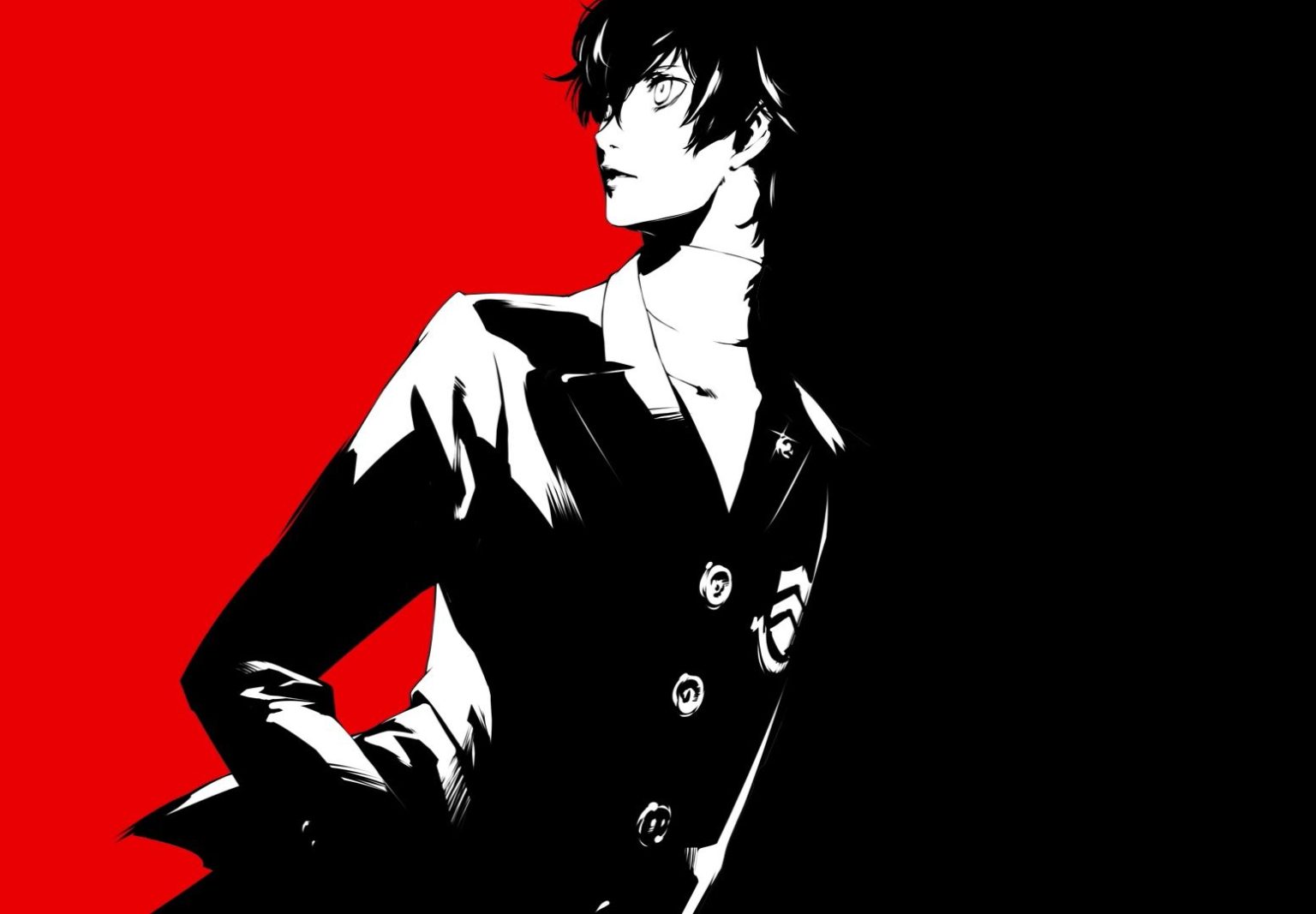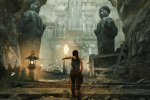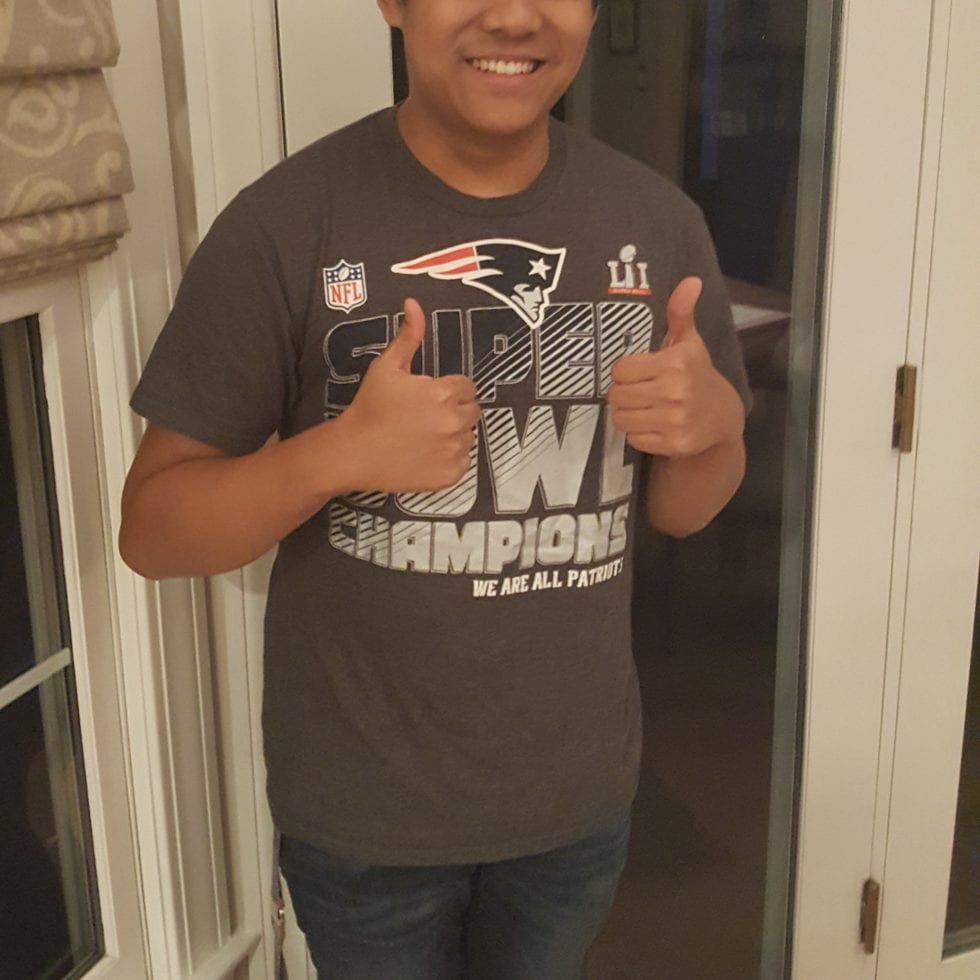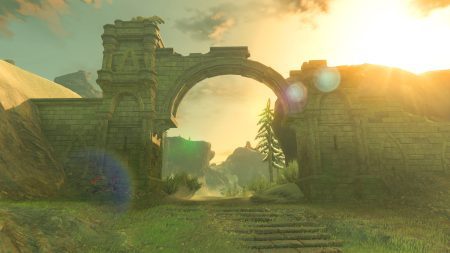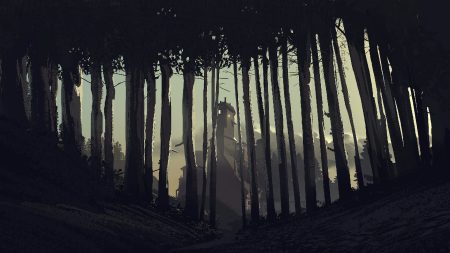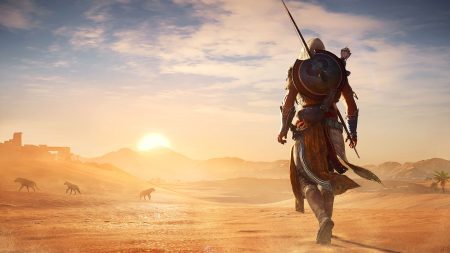The Best of Each Platform in 2017
January has come and gone, and though it’s a new month, our Best of 2017 coverage continues! Having already shared our Industry Awards and Storytelling and Presentation Awards, today we’re announcing the recipients of our Platform Awards.
2017 was home to a diverse line-up of games across consoles and PC. PlayStation’s line-up brought a unique Japanese voice to the table, whereas Nintendo’s showcased the very best in ingenuity and world-class design. PC continued to demonstrate the talent of indie studios, while Microsoft… well, in spite of their slim line-up, they deserve props for taking a chance on a surprisingly brilliant new IP. And, of course, multi-platform gaming provided some of the biggest and boldest experiences on modern hardware to date.
If you need to catch up on our nominees, you can do so here. For everyone else, we are proud to share our winners for The Punished Backlog’s Platform Awards.
Best PC Exclusive (Winner) – Doki Doki Literature Club
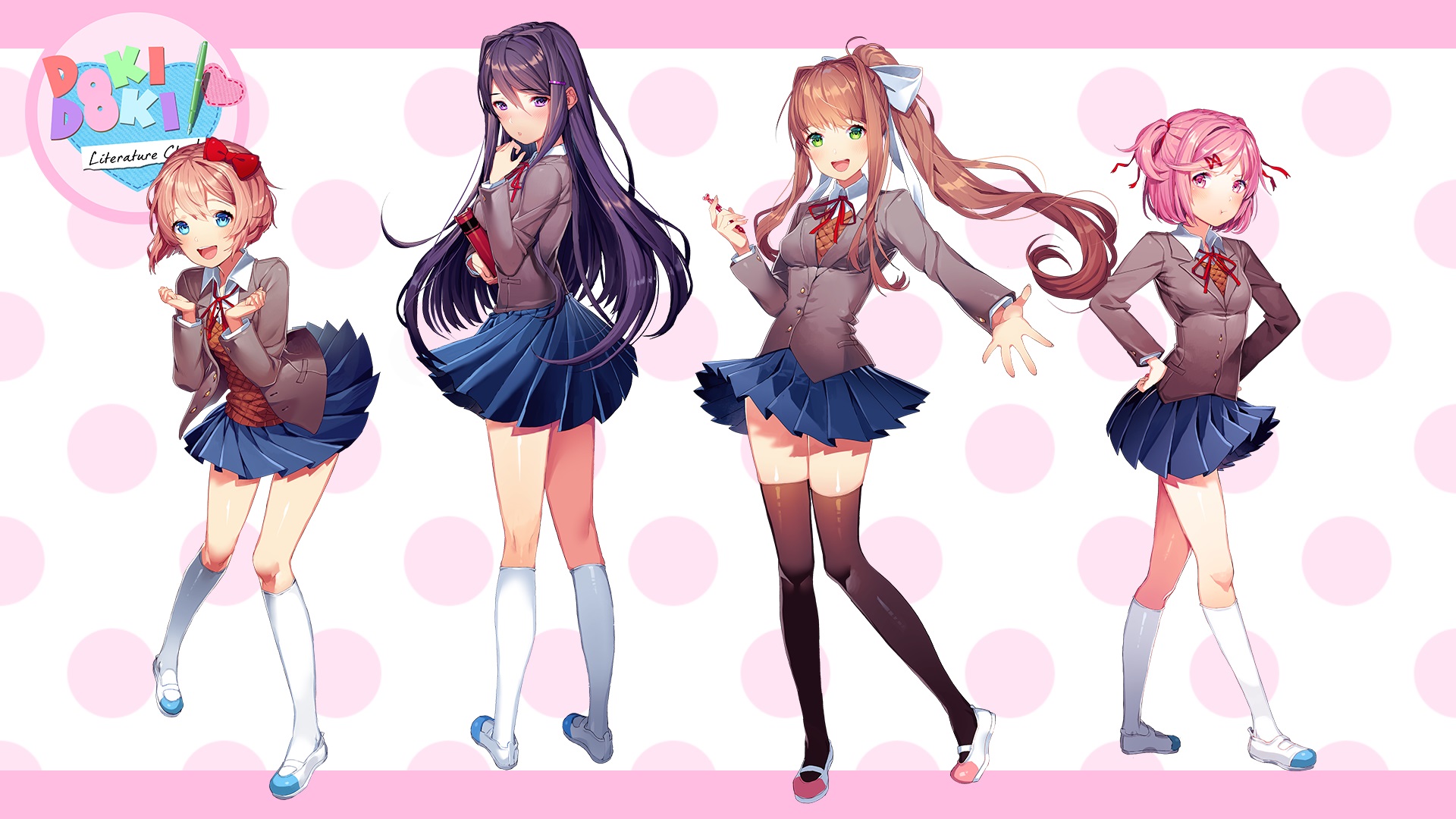
What is there to be said about Doki Doki Literature Club that hasn’t been said? A free PC game developed by Team Salvato, a fledgling game development studio headed by Dan Salvato (until now, most well known for his development of Super Smash Bros. Melee mods and the FrankerFaceZ Twitch extension), Doki Doki Literature Club took the gaming world by storm, generating an almost Undertale-esque frenzy of discussion and debate.
Disguised as a generic Japanese dating sim style game, it only takes a couple hours for everything to become explicitly Not Okay. Diving headfirst into topics such as depression, meta-narratives, character agency, and even the very nature of video games as a storytelling medium, Doki Doki Literature Club’s existential horror sinks its claws into you and doesn’t let go.
Team Salvato made the most of their medium, utilizing every visual and sonic trick they could to unnerve and unsettle you, digging deep into that strange fear that all of us feel when a computer encounters an unexpected error—preying on that moment of uncertainty when your screen glitches out, the audio bursts into a frightening buzz, and textures begin to distort and tear.
And while “Japanese dating sim” is probably one of the lowest-hanging branches on the tree of genres ripe for deconstruction, Doki Doki Literature Club pulls off it with aplomb, dipping deep into the well of surreality to craft one of the most unique and engaging narrative experiences of the year, garnering it The Punished Backlog’s Best PC Exclusive of 2017 award.
(Did I mention that it’s free? It’s free. Go play it. At worst it’s only 6 hours of your life you’ll never get back.)
–Kei Isobe
Best Microsoft Exclusive (Winner) – Cuphead
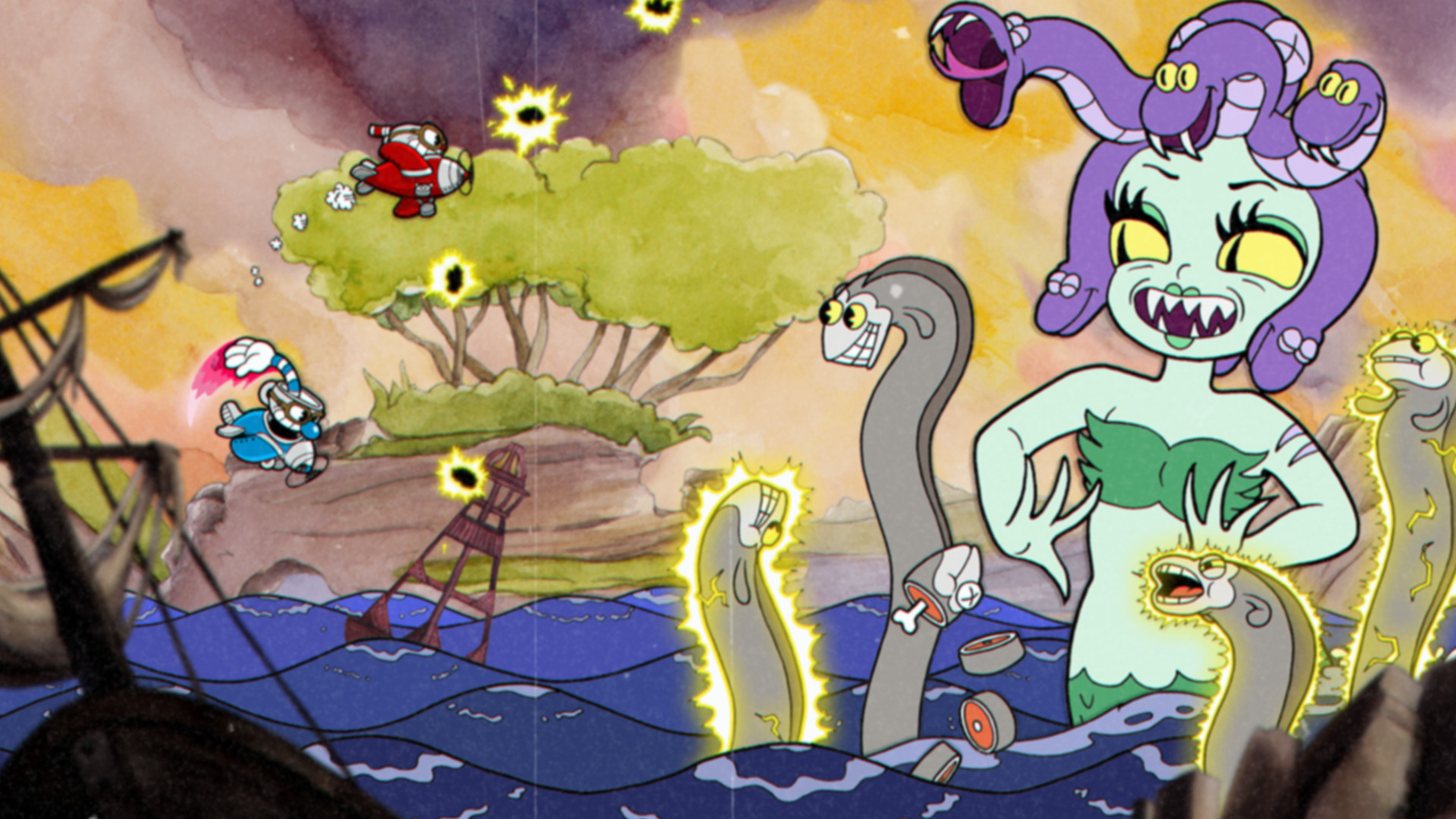
Our loveable cup-headed friend is back at it again, completely destroying his competition for Best Microsoft Exclusive of 2017. Granted, 2017 was not the best year in terms of Microsoft-exclusive games; the publisher had only a few big-name titles of note, including Halo Wars 2 and Forza Motorsport 7 as well as a few successful indies such as Path of Exile, Everspace, and Slime Rancher. However, Cuphead excelled where these games did not, even earning a nomination for Game of the Year.
This run-and-gun platformer was easily one of the better games I played all year and, although extremely frustrating at times, always had me coming back for more. Cuphead’s gameplay revolves around fighting against a diverse cast of bosses, each with multiple phases and new and unique boss mechanics. Each boss fight is an experience that tells a different story; from fighting a pack of vegetables to a big green dragon, each level does wonders to complement Cuphead’s old-timey 1930s cartoons aesthetic and storytelling. Every attempt at a boss is like watching an episode of Steamboat Willie with its hilarity and absurdity.
And it doesn’t stop with its gameplay. Both its visuals and soundtrack work extremely well in favor of the game. Cuphead’s intricate watercolor backgrounds, hand-drawn animations, and classic 1930s film-grain effect earned it The Punished Backlog’s Best Visuals of 2017 award. Its soundtrack also does not disappoint with nearly 3 hours of original jazz, early big band, and ragtime music all played by live musicians to perfectly match the setting and theme of each boss.
From game design to visuals to musical score, the amount of work put into Cuphead by Studio MDHR is apparent, easily making it one the best games released in 2017 and unequivocally the Best Microsoft Exclusive of 2017.
–Augustine Villanueva
Best PlayStation Exclusive (Winner) – Persona 5
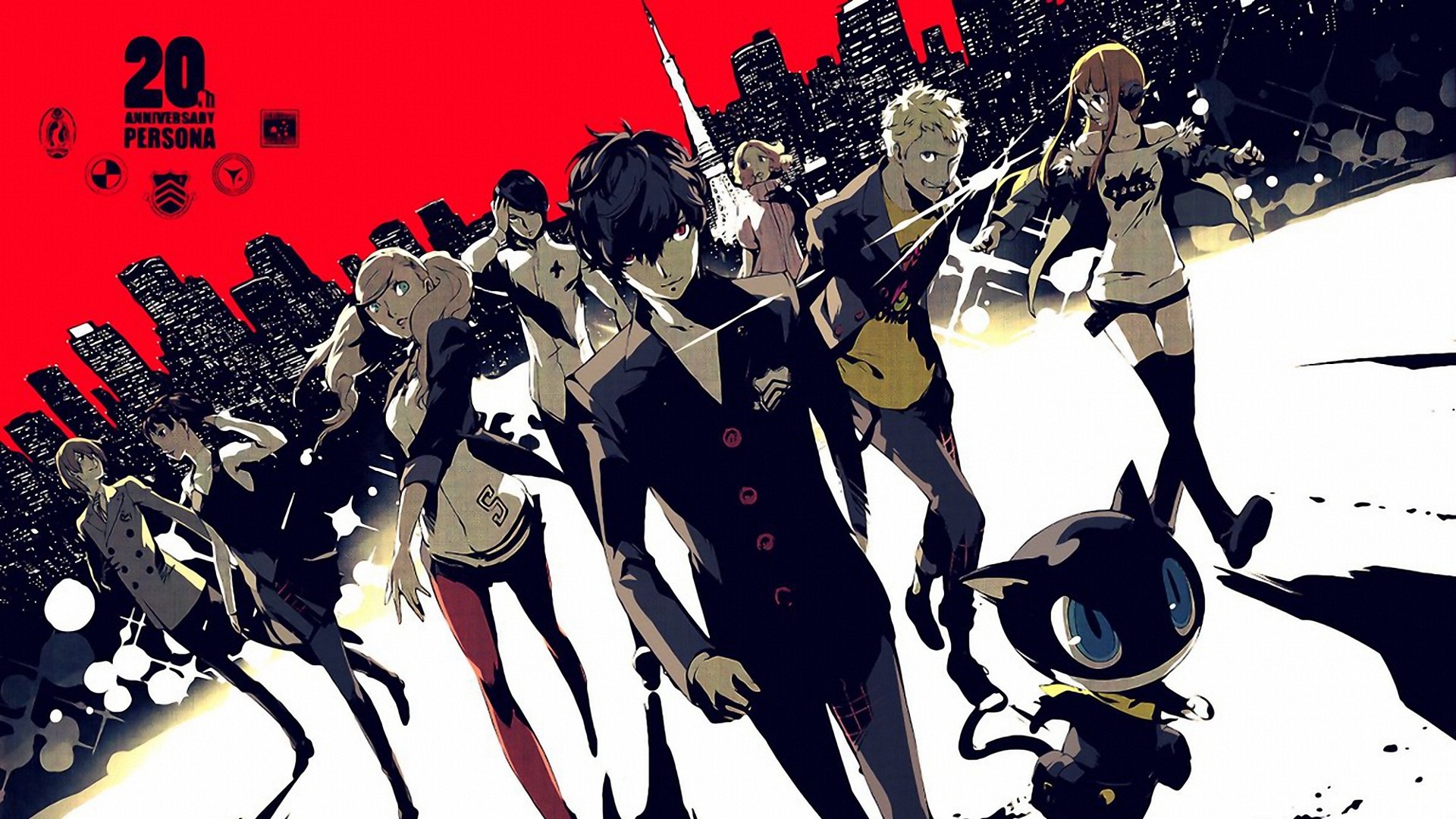
Persona 5 is nothing short of remarkable. Every movement, synchronized audio cue, and splash screen weaves together a brilliant narrative that never fails to feel fresh, even 100+ hours in.
Persona 5’s heart may be its strongest asset. The confidents, though heavily reliant on traditional anime tropes, each present a unique entry into the game’s grand theme of liberation. They strip off their personal shackles and fully realize themselves as delightful, unforgettable characters (that are a blast to bond with). The Palaces are masterclass examples of strong dungeon design supplemented by incredibly deep narratives—again, emphasizing the same theme of struggle. The combat is just plain fun.
All this is placed under an incredibly vivid shell.
Persona 5’s opening animation is a stunning representation of the game hiding a button press away. Its stunning number, “Wake Up, Get Up, Get Out There,” triumphantly roars as some familiar (and potentially unfamiliar) faces dance, painted with a glorious black, white, and so-much-red color palate. This art direction persists throughout the game. While the game usually relies on 3D textures (so vibrant, they border on cel-shaded), the game’s UI always returns to that remarkable “bursting-from-your-screen” 2D-art style more commonly associated with comic books than JRPGs.
This comic book motif affects the story as well. Aside from the Phantom Thieves’ superhero aesthetic, side stories constantly unfold and resolve as the larger mystery progresses (as common in serialized TV shows). This means the story never hits major lulls. If the main campaign hits a bit of a snag, let’s check in on our friend Ryuji’s side story. Yes, there’s a mystery man pulling the strings behind a 90-hour struggle, but our serial-harasser Gym Coach narrative only takes 3 hours to resolve. Then it’s on to the next one. The perpetually unfolding plotlines are each very strong, ensuring the game never grows tired. The typical grinding monotony of standard JRPGs is also completely absent, elevating Persona 5 to be one of the best experiences the PS4 (or PS3) has to offer. At the very least, the Best PlayStation Exclusive of 2017.
–PJ Manning
Best Nintendo Exclusive (Winner) – The Legend of Zelda: Breath of the Wild
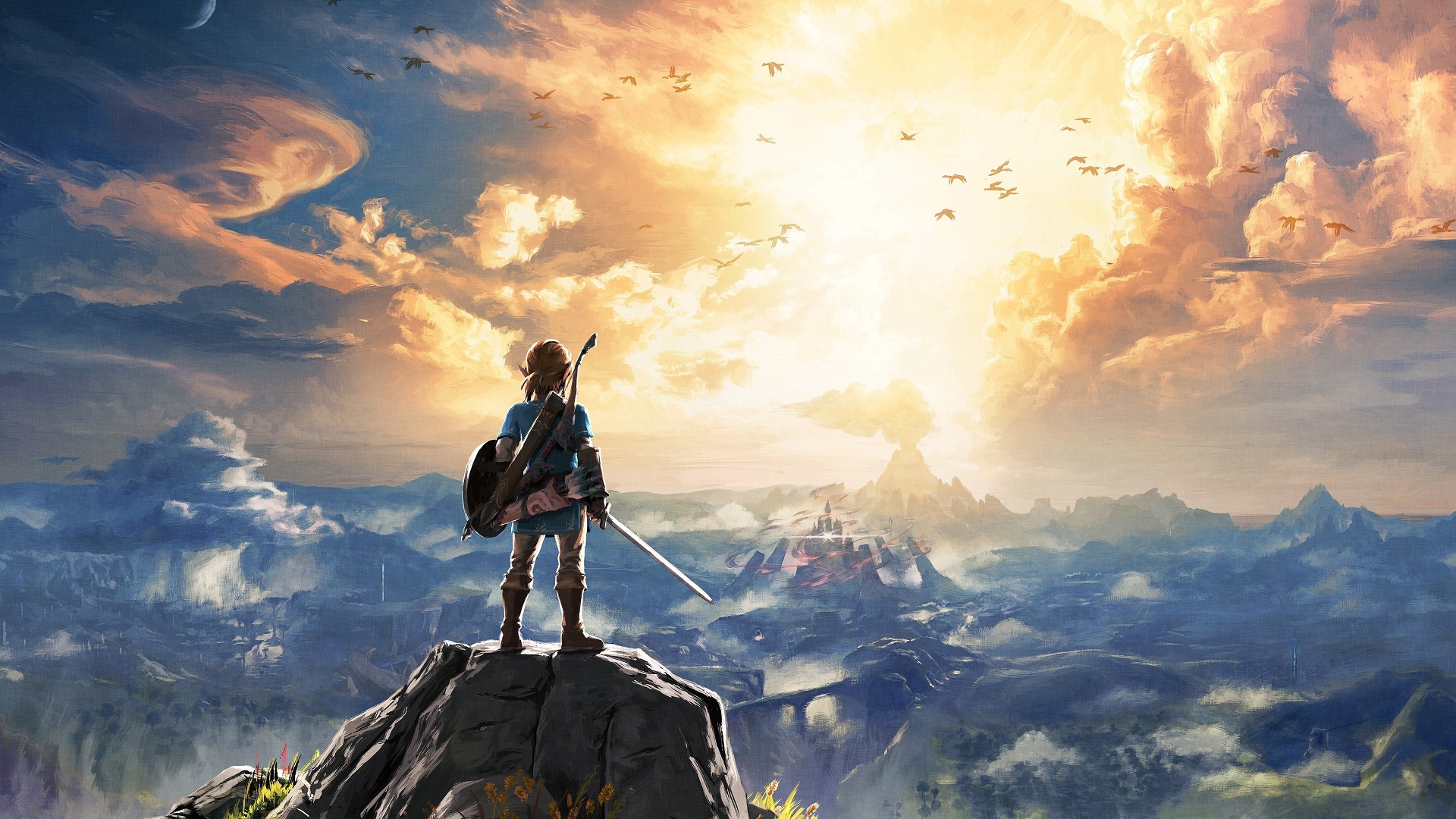
Nintendo needed the Nintendo Switch to be a success. The successor to the Wii U, a console which had earned a paltry $13.5 million in lifetime sales as of the end of 2016, the Switch for many seemed like a sizable gamble for the Big N. Its hybrid console-handheld nature led many to wonder if Nintendo would end up cannibalizing its own sales. Some debated its power, while others claimed it would fail to gain the support of third-party developers and major publishers. With so much on the line, Nintendo needed to deliver something from its own corner—something that would legitimize the Switch and catch the industry’s attention in an instant.
That something was The Legend of Zelda: Breath of the Wild.
The Zelda team’s first attempt at a massive, open-world sandbox, Breath of the Wild took enormous risks for the franchise. The game world is massive, rivaling the scope found in story-heavy western games like Skyrim and The Witcher 3. After a brief (but fun) tutorial on top of the Great Plateau, Breath of the Wild completely opens up to the player. There is no central waypoint, no singular quest to attend to, no place to go first. The game simply highlights several places of interest, reiterates that Ganon is wreaking havoc in Hyrule Castle, and lets the player roam free. Free. From the moment players fly off the Great Plateau for the first time, Breath of the Wild becomes wholly, truly free.
Everything about Breath of the Wild supports the idea that players are in charge of their own destiny. A stamina mechanic allows Link to climb virtually anything in the game world, from walls and trees to cliffs and mountains. Once an object has been scaled, a paraglider then lets Link fly off of these precarious precipices with the touch of a button. In this way, Breath of the Wild quite literally gives players the tools to conquer any hill, mountain, or valley they may face.
This liberating sense of scope is only complemented by Breath of the Wild’s gorgeous visuals (which especially pops in the Switch’s handheld mode) and its tender, understated soundtrack. From the mossy, dilapidated ruins of the Great Plateau and subtle lulls of “Temple of Time,” to the vibrant townspeople of Hateno Village and moving serenity of “Hateno Village (Day),” Breath of the Wild expertly realizes a world full of both decay and life.
And then, of course, there’s “Stables.”
https://www.youtube.com/watch?v=JwkZNb_ZC5I
Breath of the Wild is far from perfect. Its impressive size comes at the cost of repetitive enemy encounters, constant inventory management, frustrating weapon durability, and shallow shrines. And yet, despite it all, it is undoubtedly our Best Nintendo Exclusive of 2017. Tranquil, violent, and beautiful, The Legend of Zelda: Breath of the Wild represents a bold new direction for Link and Nintendo moving forward.
–David Silbert
Best Multi-Platform Game (Winner) – Assassin’s Creed: Origins
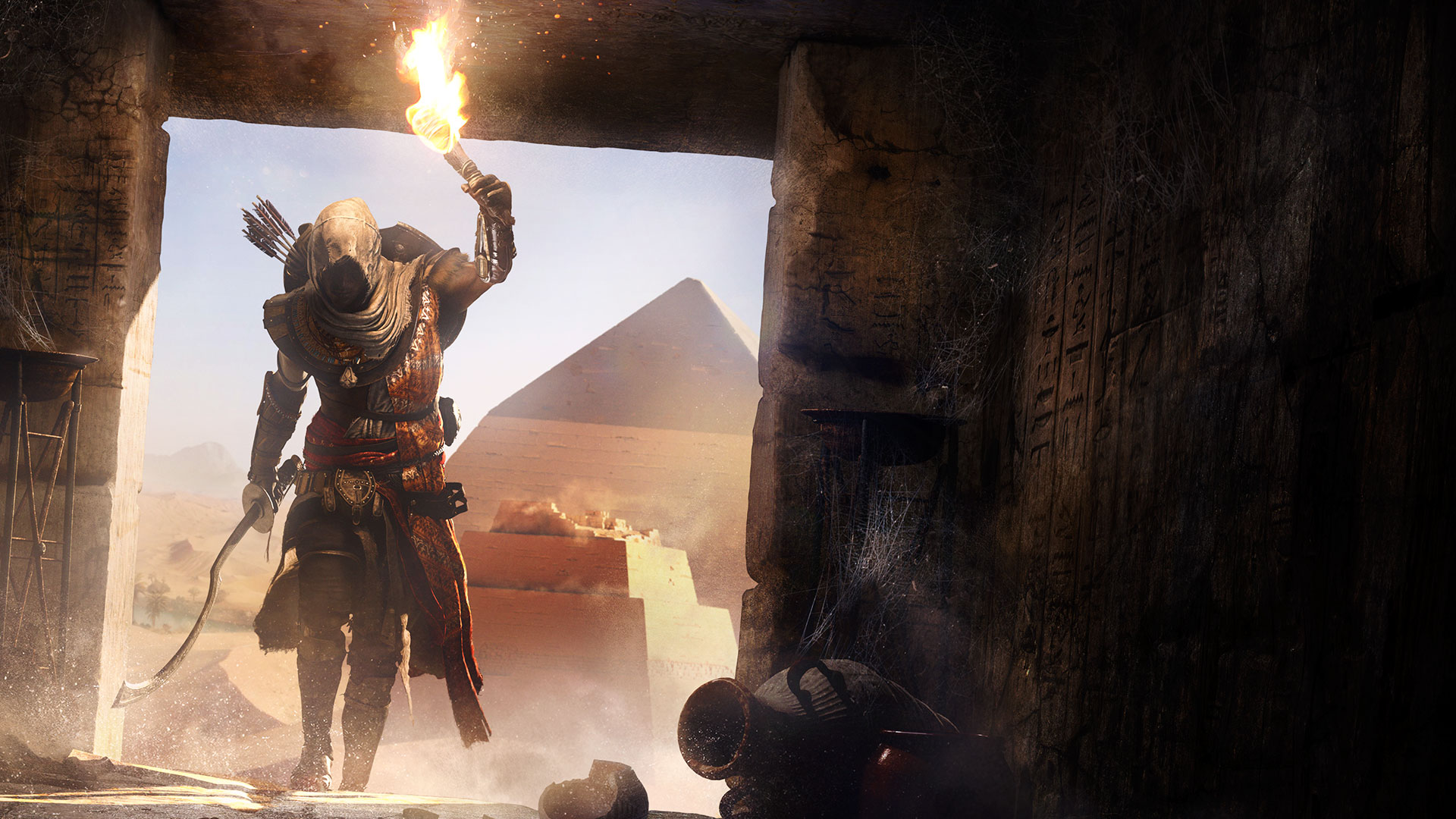
It was harder than ever in 2017 for an open-world action-RPG to stand out from the pack. The Legend of Zelda: Breath of the Wild, Nier: Automata, and Horizon Zero Dawn dominated much of the conversation surrounding open world games last year, presenting exciting worlds where the player is a stranger in a strange land. Assassin’s Creed: Origins, however, achieves greatness by having the player feel like a stranger in their own home.
AC: Origins tells the tale of Bayek, a medjay (freelance cop, pretty much) who, in his quest to avenge the death of his son, witnesses the transformation of his Ancient Egyptian homeland into one fully overwhelmed by Greek and Roman influence. The player starts the game in typical Egyptian towns and cities, only to see Roman soldiers, Greek architecture, and changing social norms in every major city, with the changes becoming more distinct and ubiquitous the further you progress. Throughout the experience, Bayek learns that his own vocation is becoming obsolete and endangered, as the presence of Rome’s military has largely eradicated the need for local protectors. The protagonist is forced to reckon with every part of his identity – father, husband, Egyptian, medjay – fading away into oblivion, conquered by Mediterranean villains.
Open world games often present a universe that largely remains static despite the growth and progression of the player. Link may save Hyrule in Breath of the Wild, but all those moblins will come back at some point. Aloy may stave off hordes of robotic dinosaurs in Horizon: Zero Dawn, but much of the damage of that world has already been done. In Assassin’s Creed: Origins, Bayek is actively battling the changes around him, only to ultimately realize he needs to leave the past behind and make changes of his own, namely to establish the Assassin’s Brotherhood.
Assassin’s Creed: Origins doesn’t just reinvent much of the gameplay and character progression of the franchise; it presents a plot (which, admittedly, was convoluted and messy in many areas) that explores the impact of historical events instead of just using history to contextualize the player’s actions. Bayek is more than just the first assassin to assume the Creed. He’s the living embodiment of loss, a man whose entire world and way of life are no longer his.
Game of the year? AC: Origins certainly has a great deal of competition, but it’s hard to deny that any multi-platform game was as moving, exciting, tragic, and exhilarating. In a different year, we’d have already crowned this gorgeous experience with the highest honors. For now, it gets this honor.
–Sam Martinelli
That’s a wrap for our Platform Awards! Agree with our choices? Disagree? Make your voices heard in the comments below!
Check back in the coming days for our final Best of 2017 wave of coverage: Game of the Year!


